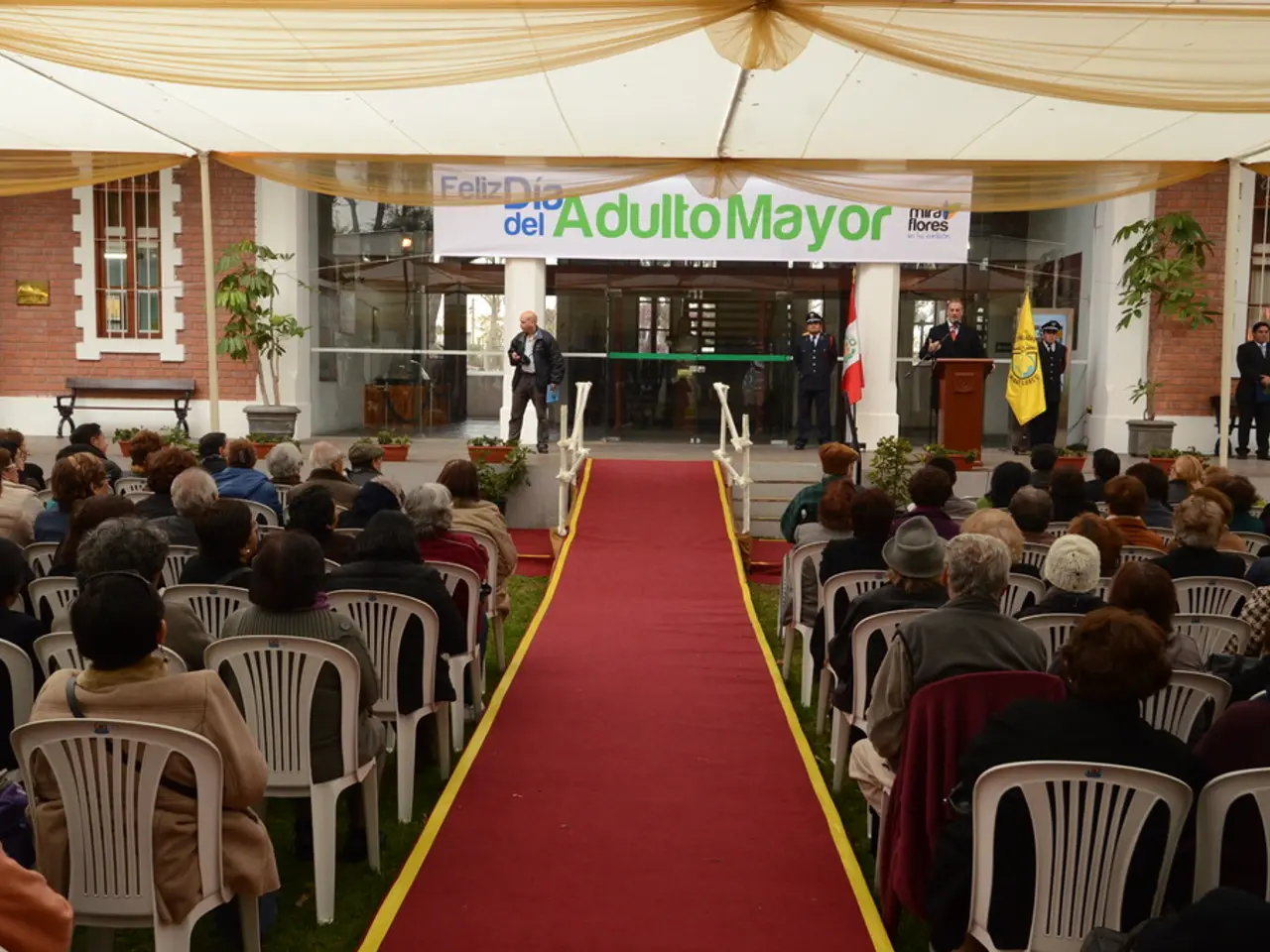Deforestation Wreckage in Portugal: Over several hectares of Portugal's forestlands decimated
In Portugal, the scorching heat of summer has ignited a series of devastating wildfires, with the Arouca region and Peneda Geres National Park bearing the brunt of the blazes. The exceptionally dry forests, described as "tinder-dry," have made them highly susceptible to fires. Over 1,300 firefighters, aided by aerial water support, have been deployed to battle these fires, which have resulted in evacuations and the destruction of thousands of hectares of forest.
The government has placed most of Portugal on fire alert, attributing the fires directly to drought conditions caused by climate change. This increase in wildfire activity is a result of prolonged heatwaves, higher temperatures, and extended dry periods, conditions that create tinder-dry forests and soils, greatly increasing wildfire risk and drought severity.
Across the Mediterranean, Bulgaria is also experiencing one of the worst droughts on record. The drought has caused a lack of harvest for sunflower farmers and left fields of cereals turning yellow. Nearly 100% of soil in the country is affected by drought conditions, with large parts falling into the highest drought alert categories. This has led to water scarcity severe enough to impose supply restrictions on over 150,000 residents.
The droughts exacerbate the risk and impact of wildfires, further threatening agricultural productivity through stressed crops and depleted soil moisture, which impair growth and yields. The combined effect of these climatic stresses—more intense heatwaves, extended droughts, and increased wildfire frequency—disrupts agriculture by damaging forests and croplands, reducing water availability for irrigation, and forcing evacuations which can inhibit farming activities.
Residents in isolated villages in Portugal are concerned about the wildfires, with one resident stating they had never seen such a disaster and it happened quickly. In Bulgaria, a farmer lamented the hot summers of the past three years, but the recent extreme temperatures have been particularly devastating, contributing to the devastation of Bulgarian agriculture. Another resident, whose houses were nearly destroyed by the fires, fears it will happen again.
In a separate incident, a hidden laboratory was found in a forest near Liège, Belgium. The laboratory was being used for the large-scale manufacturing of cocaine, and 100 kilos of drugs were seized, with 10 people arrested in connection with the drug network.
As the world grapples with the impacts of climate change, the situation in Portugal and Bulgaria serves as a stark reminder of the urgent need for action. The escalation of wildfires and droughts threatens food security and rural economies in both countries, underscoring the need for concerted global efforts to combat climate change and protect our planet.
[1] Climate change fuels wildfires in Portugal [2] Portugal wildfires: Hundreds evacuated as blazes rage [3] Bulgaria declares state of emergency over drought [4] Climate change drives heatwaves and droughts in Europe
- The increasing frequency of wildfires in Portugal, exacerbated by climate change, highlights the importance of environmental science in finding sustainable solutions to mitigate the impacts of climate change.
- While the laboratory discovery in a Belgian forest illustrates a different challenge, the urgency to address climate change, its effects on weather patterns, and its impact on agriculture cannot be overstated, as seen in the ongoing droughts and wildfires in Portugal and Bulgaria.








